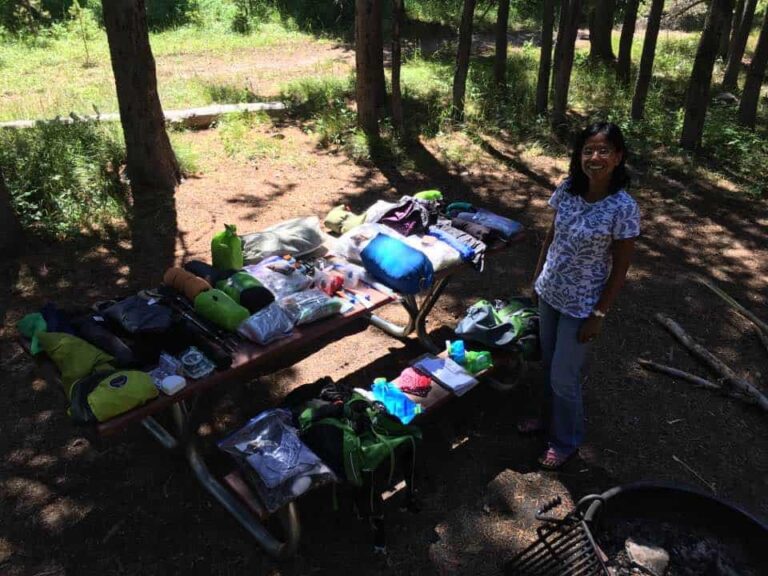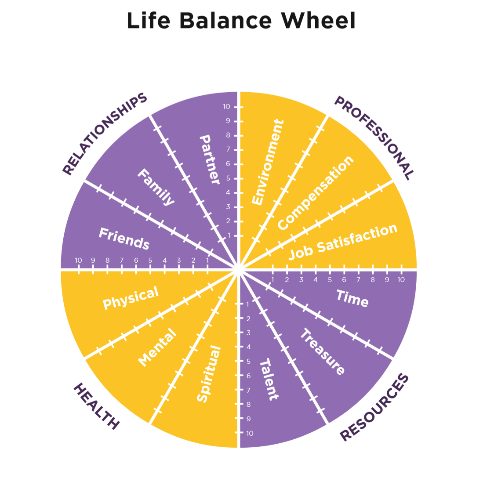I love to travel. Last week, I discussed how I’ve reframed my thinking when traveling. Because of a hip and knee replacement, I’m obligated to have much more patience with TSA and security personnel. I previously struggled with the notion of “forced compliance”, but I’ve reached a point where I don’t allow it to impact me. My goal is still the same: Because I love to travel, I need to be positive and patient with the challenges and changes modern air transportation brings us.
This reframed and fully embraced way of thinking was recently put to the test on a backpacking trip Reka and I took to northern Italy. Just getting there was a challenge…
I get it. Weather in the Midwest can quickly mess up Chicago-based flights. I also understand that when a plane hits a bird, they want to assess it to ensure there’s no damage. I’m grateful that the the FAA wants to keep us safe; however, I found it a bit underwhelming that the preferred clean-up process for a bird strike on the nose of the aircraft was a guy on tall ladder with a spray bottle of Windex and some paper towels. Efficient, but underwhelming.
I also get that when we finally arrived in Chicago, a ton of people had been displaced by weather. I was patient, my wife was patient, and most of the other people in the three-hour-long line were patient. The least patient was the American Airlines staff and the airport personnel. Yes, the people who had some form of a customer service title were by far the shortest-fused people we dealt with on our journey.
Even when we called the instructed number to help and were told to stay in line and were hung up on. Even when we were moved from one line to another, which ended up adding two more hours. Even when we were provided with a hotel voucher for the wrong hotel and didn’t find out until we were at the hotel and had waited in line to check-in. Even when we got the right hotel voucher and the cab driver took us to the wrong hotel. Even when we went out for breakfast and discovered there wasn’t a cook. Even when we tried to update our contact info and were told we couldn’t get updates because we originally bought the tickets through British Airways…you get the picture. Through all of this, we kept our cool. In fact, most of the time we spent with these customer service folks, we seemed to be the level-headed ones, offering encouragement and support.
Once I was no longer in the thick of it I began questioning why our traveling experiences have been so frustrating. Why haven’t airports and airlines resolved these uncomfortable situations for passengers? Why haven’t they at least learned to treat customers in a respectful manner?
It’s very similar on United and most other airlines, except for Southwest – they don’t pretend to be anything they’re not. More importantly, it appears they haven’t adopted many of the bad habits of others in the industry. And they seem to really live their values…from the top down. My belief is that as the industry becomes more of a commodity, there’s a greater disconnect between management and front-line employees, as in the case with United and American Airlines.
On the receiving end and as an observer, this disconnect was very real. It was astonishing listening to monotone people read a script about how they were there for us and were prepared to give stellar customer service. Management had some talking points, which certainly didn’t provide any comfort – the presentations only revealed just how out of touch the team was with reality. I couldn’t help but wonder when was the last time a senior executive from AA had flown coach or tried maneuvering through this chaos. I feel that this is an issue that permeates most of the airline industry…they tell everyone else what’s best for them without ever actually experiencing it themselves.
Regardless of the industry, the primary obligation of a leader is to make sure to provide clear direction and to lead by example. How employers treat their employees is often indicative of how they treat customers. If your customer support is lousy, take a hard look in the mirror and explore areas for improvement. Get on the frontlines and act as if you were a customer – you’re likely to learn a lot about yourself.





